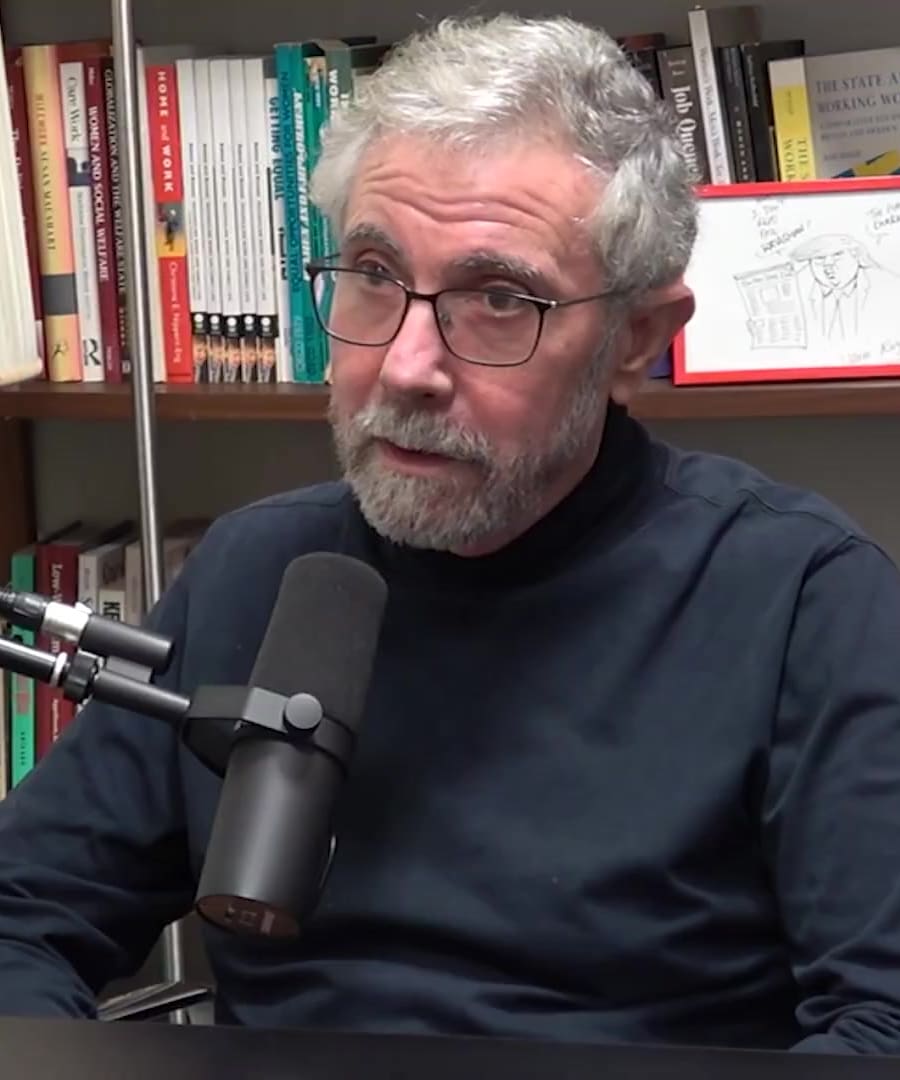Political Economy
Sources:
Several experts have discussed various aspects of political economy and its implications:
-
Michael Spence on the emphasized the importance of incorporating political and policy systems into economic models. This approach highlights the challenges and constraints in navigating political resistance, especially in developing countries, where sequencing policy implementations is crucial for success [1].
-
Ziad Daoud on the talked about Egypt's recurring currency crises. He noted that politically connected entities often dominate domestic markets without sufficient export growth, leading to economic instability. He questioned whether recent financial inflows would bring long-term change without addressing these deep-rooted political and economic issues [2].
-
Paul Krugman on the discussed the interplay between politics and economics. He pointed out that political choices significantly shape economic outcomes, highlighting the example of unionization rates in Denmark versus the USA due to different political decisions [3].
-
Daron Acemoglu, also on the , talked about the asymmetry of political power and its impact on political deals compared to economic transactions. He stressed the difficulties in achieving coordination in political settings and the risks of populist, protectionist policies [4] [5].
-
Tyler Cowen on the addressed the concept of rent seeking, where individuals or entities prioritize taking from others over creating value. He also highlighted the significant impact of political choices on the economy and the need for better fiscal policies to manage economic stagnation [6].
-
Margaret Levi on the discussed rational choice political economy, highlighting its assumptions about individual rationality and self-interest. She emphasized both the analytical power and the limitations of this approach, particularly in not considering network interactions and group dynamics [7].
-
James Otteson on the explored the challenges of translating intentions into actual outcomes through government actions and policies. He discussed the inefficiencies and counterproductive nature of some policies and emphasized the moral obligation of individuals to help those in need instead of relying on distant third parties [8].
These discussions reveal the complex and multifaceted nature of political economy, underscoring how political decisions interplay with economic processes and highlighting the need for careful consideration and strategic planning in policy-making.
RELATED QUESTIONS-

